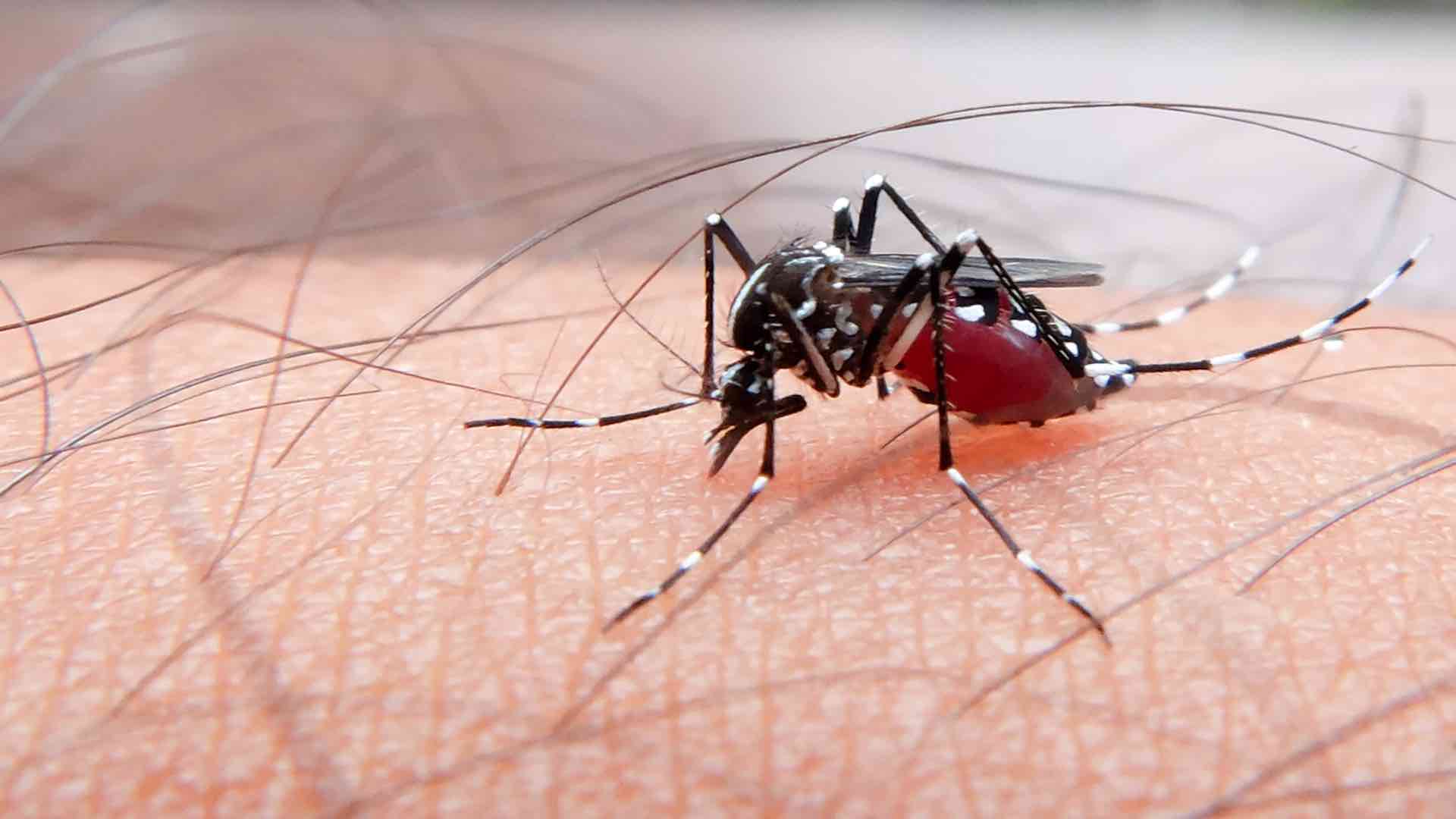The World Health Organization (WHO) has identified malaria as the likely cause of a recent outbreak of illnesses in the Democratic Republic of Congo (DRC), alleviating fears of a novel or unknown disease. The announcement follows the results of medical testing after a wave of sicknesses in the remote Panzi region, located over 700 kilometers from the capital, Kinshasa. Since October, more than 400 individuals have fallen ill, with 31 fatalities recorded in the region.

Preliminary analysis of medical samples revealed malaria parasites in 10 out of 12 tested cases, pointing to the mosquito-borne disease as the primary culprit. This finding dispels earlier speculation that the illnesses could be linked to an unidentified illness locally dubbed “Disease X.” WHO specialist Abdi Rahman Mahamad stated that the rise in cases aligns with seasonal patterns in the region. The ongoing rainy season often brings increased incidences of respiratory infections, influenza, and malaria, exacerbating health vulnerabilities in affected areas. Mahamad emphasized that such outbreaks are not uncommon during this period and urged sustained efforts to address them effectively.
Children under five years old remain particularly vulnerable to the illness, with officials noting their disproportionate representation among severe cases. This vulnerability is further amplified by widespread malnutrition in the Panzi region, which weakens immune responses and heightens the risk of fatal complications. The DRC government has maintained heightened vigilance to manage the outbreak and minimize its impact, especially in rural and under-resourced areas.
International health organizations, including WHO, continue to collaborate with local authorities to provide medical support, distribute antimalarial treatments, and raise public awareness about prevention measures. Malaria is endemic in the DRC, which bears one of the world’s highest burdens of the disease. The country’s healthcare infrastructure faces significant challenges, particularly in remote regions, where access to timely medical care is limited.
The outbreak has reignited calls for more robust investments in healthcare and nutritional support to mitigate the compounding risks posed by diseases like malaria in vulnerable populations. The WHO and its partners are expected to monitor the situation closely and provide further updates as additional measures are implemented to address the outbreak. – Filed by MENA Newswire News Desk.
